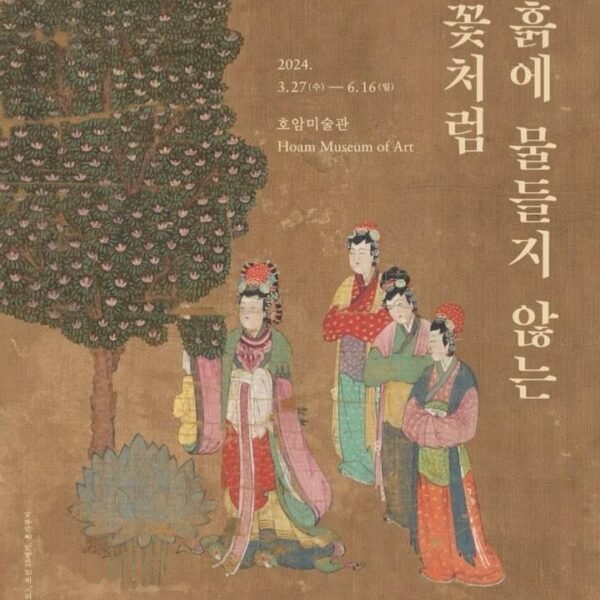눈도 깜짝 안 하다: Not Blink an Eye
This idiom, translated as “Not Blink an Eye,” signifies a remarkable composure or lack of surprise in the face of unexpected events. Picture a scenario where someone remains unfazed despite a shocking revelation or sudden occurrence. It’s about maintaining poise in the midst of chaos.
눈뜨다: To Open One’s Eyes
To “Open One’s Eyes” goes beyond the literal act. It encapsulates the profound moments of realization, where understanding dawns, and one gains insight into previously unknown principles or truths.
눈감다: Turn a Blind Eye
Turning a blind eye involves deliberately ignoring someone’s mistakes or wrongdoing. We explore the repercussions of such behavior and reflect on the ethical considerations surrounding conscious ignorance.
눈 속이다: Deceive or Cheat
In the art of deception, people may use temporary tactics to fool others. We delve into the motives behind deceit and the consequences it brings, emphasizing the importance of ethical conduct.
눈에 거슬리다: Irritate or Annoy
Certain situations or behaviors can be irksome. Identifying these instances and exploring coping mechanisms become crucial in maintaining one’s composure and interpersonal relationships.
눈에 넣어도 아프지 않다: So Cute It Doesn’t Hurt
This endearing idiom reflects extreme adoration. We discuss the cultural context of cuteness in Korea and how certain things can be so adorable that they bring joy without causing pain.
눈에 들다: Something Pleasant to the Eye
What captures the human heart? We explore the idiom “Something Pleasant to the Eye,” discussing the subjective nature of beauty and how it manifests in various forms.
눈 밖에 나다: Fall Out of Favor
Losing trust and receiving disdain is explored in this idiom. We analyze the causes, consequences, and potential ways to regain trust and favor.
눈에 밟히다: Unforgettable Memories
Certain experiences linger in our minds. We discuss the idiom “Unforgettable Memories,” exploring the significance of moments that stay with us and shape our perspectives.

눈에 불을 켜다: Intense Desire or Interest
When someone displays intense desire or interest, we say their “eyes are on fire.” We delve into the consequences of such fervor and explore the balance between ambition and practicality.
눈에 선하다: Vivid Memory
“Vivid Memory” reflects events that remain etched in memory. We discuss the impact of lasting impressions and how they shape our understanding of the past.
눈에 차다: Satisfying to the Eye
Finding joy and contentment is expressed through the idiom “Satisfying to the Eye.” We explore the concept of satisfaction and cultivating a positive perspective.
눈이 많다: Attracting Attention
In a world filled with distractions, what makes someone stand out? We explore factors that draw

Learn Korean with Idioms : Expressions on Human Eyes













